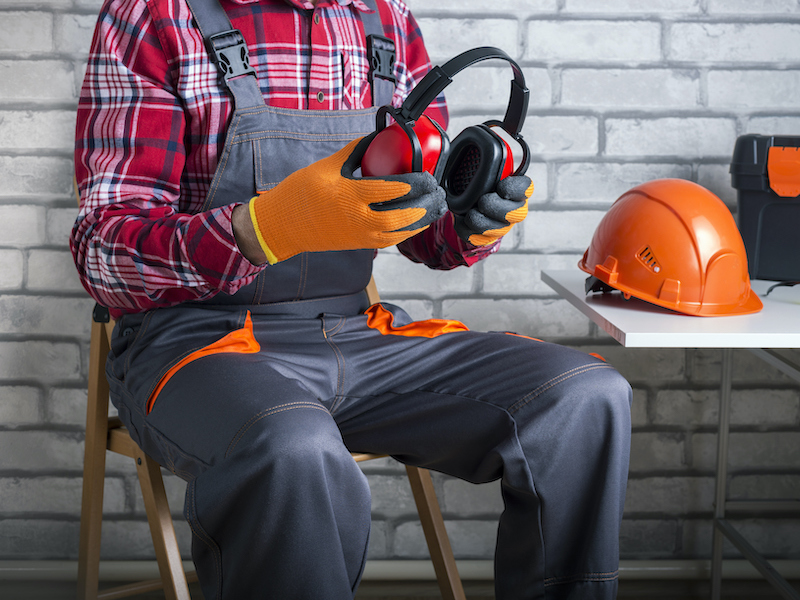
Your ability to hear is valuable – once it’s gone, the chance of getting it back in its natural form is slim to nil. But curiously, the general public tends to neglect hearing loss. In fact, permanent hearing loss affects one out of eight individuals (about 30 million people) over the age of 12 in the United States alone.
Protecting your hearing from the start is the best and simplest way to prevent hearing loss, but if you already have hearing loss you can get much of your hearing back with a hearing aid.
Protect your hearing with these five tips:
Don’t use earbuds
Earbuds have been a mobile device accessory since the early 2000s and are one of the biggest dangers to hearing. These little devices sit snugly into the ear canal and pump sound straight into the inner ear and the majority of smartphones included them. Listening to music or a movie on your mobile device at maximum volume for just 15 minutes can lead to permanent hearing loss. Over the ear style headphones, especially the ones with noise canceling technology, would be a better option. No matter what devices you use, you should follow the 60/60 rule – keep the volume at 60% maximum and only use the devices for 60 minutes every day.
Keep your volume low
Earbuds don’t generate the only sounds that can harm your hearing. Loud sounds from a TV or radio can do as much damage if you consistently listen to them over a prolonged period of time. Gun ranges, concerts, construction zone, and other noisy settings should be avoided. It might be unrealistic to entirely avoid these settings especially if they’re part of your job. The next item on the list will be significant if you’re in this situation.
Use hearing protection
Hearing protection is crucial if you work in a setting or enjoy hobbies that expose you to loud sounds. Hearing loss can happen in just 15 minutes at 85 decibels. To put that in perspective:
- The noise of a construction site can be over 130 decibels and many workers spend 40 or more hours a week there
- At the majority of concerts the headlining band plays for up to two hours at well above 120 decibels
- Over a one hour trip to the indoor gun range, your ears are repeatedly exposed to gunfire that clocks in at over 150 decibels on average
If you take part in any of these activities, you need to get a good set of earmuffs or earplugs.
Take auditory breaks
Sometimes you just need to give your ears a rest. If you participated in any of the activities listed above, you should make sure to take some quiet time to yourself so your ears can rest and recover, even if you were using ear protection. That means, you definitely shouldn’t get into your car and start blasting loud music right after you leave a 3-hour concert.
Check your medicine
Your medicine may actually have a significant impact on your hearing. There are certain medicines that have been proven to trigger hearing loss including certain heart and cancer medications, aspirin, antibiotics, and anti-inflammatory medicine. Luckily, medication associated hearing loss usually only happens when more than one of these medicines are taken together making it far less common.
Looking to find treatment for your hearing loss? Schedule an appointment with us for a hearing exam.
Resources
https://www.cdc.gov/nceh/hearing_loss/how_does_loud_noise_cause_hearing_loss.html
https://armeddefense.org/hearing-protection
https://www.uofmhealth.org/health-library/tf3092